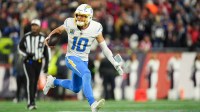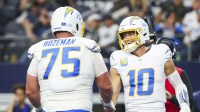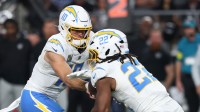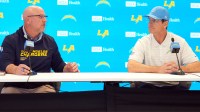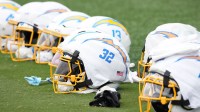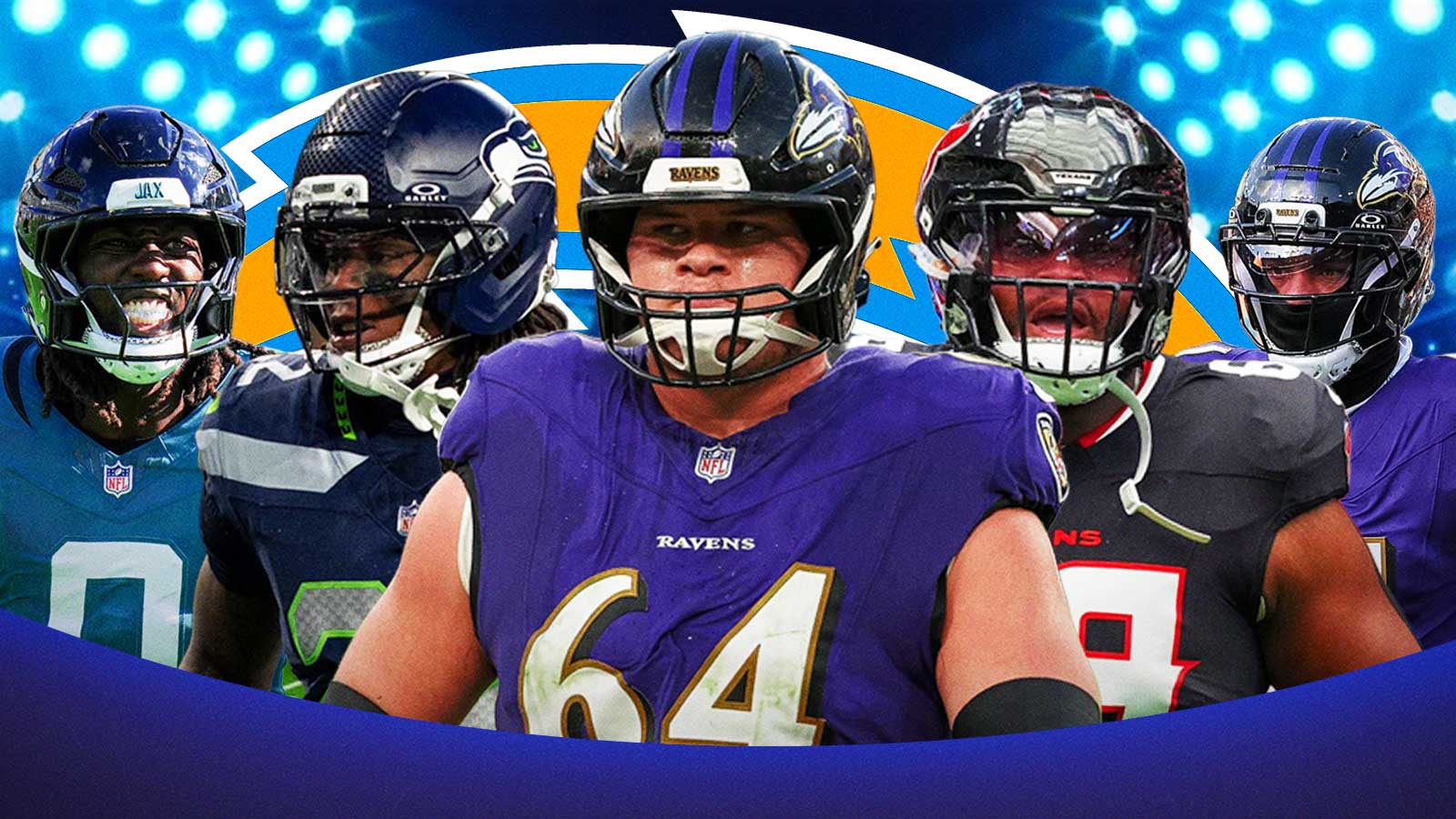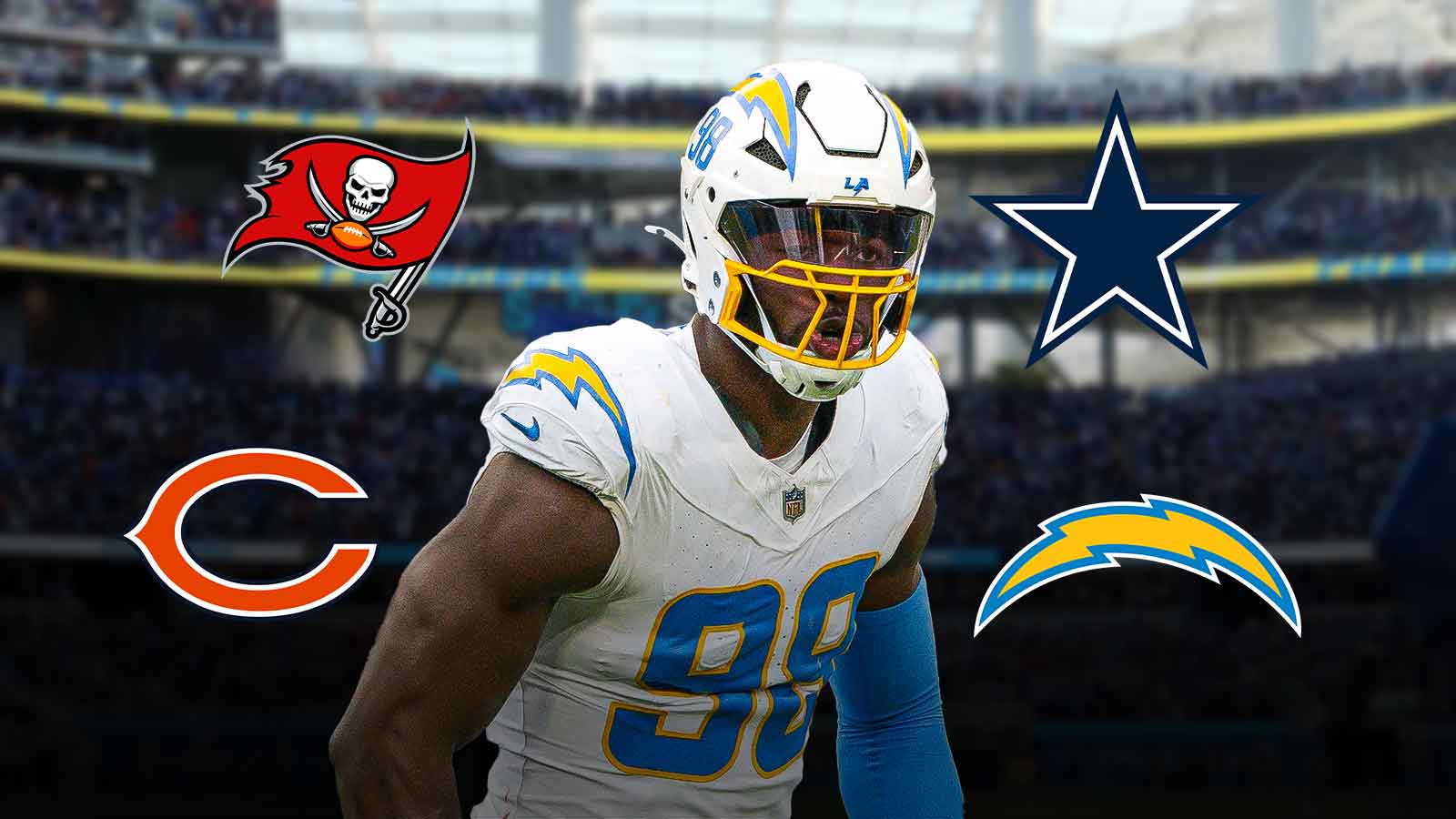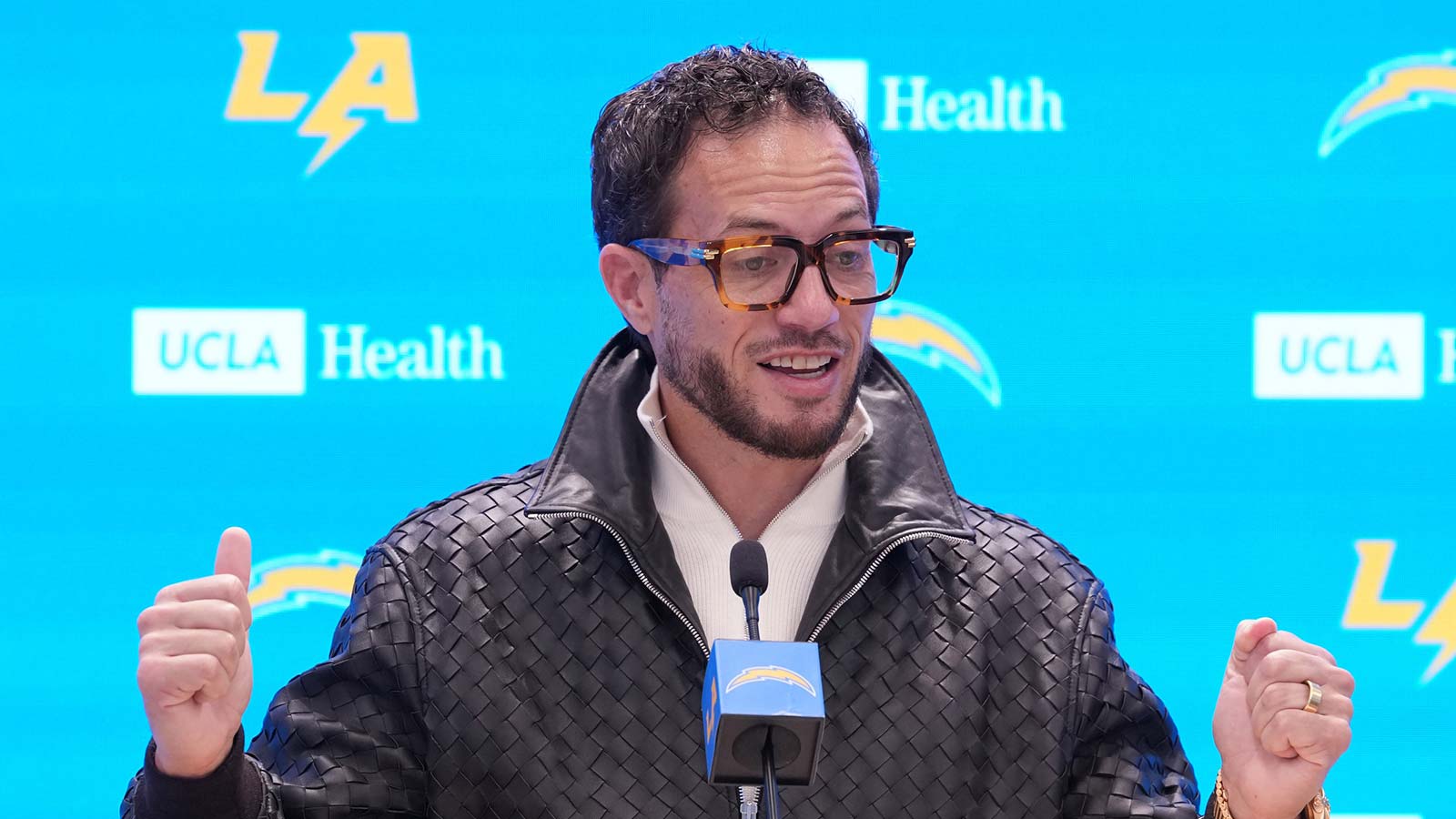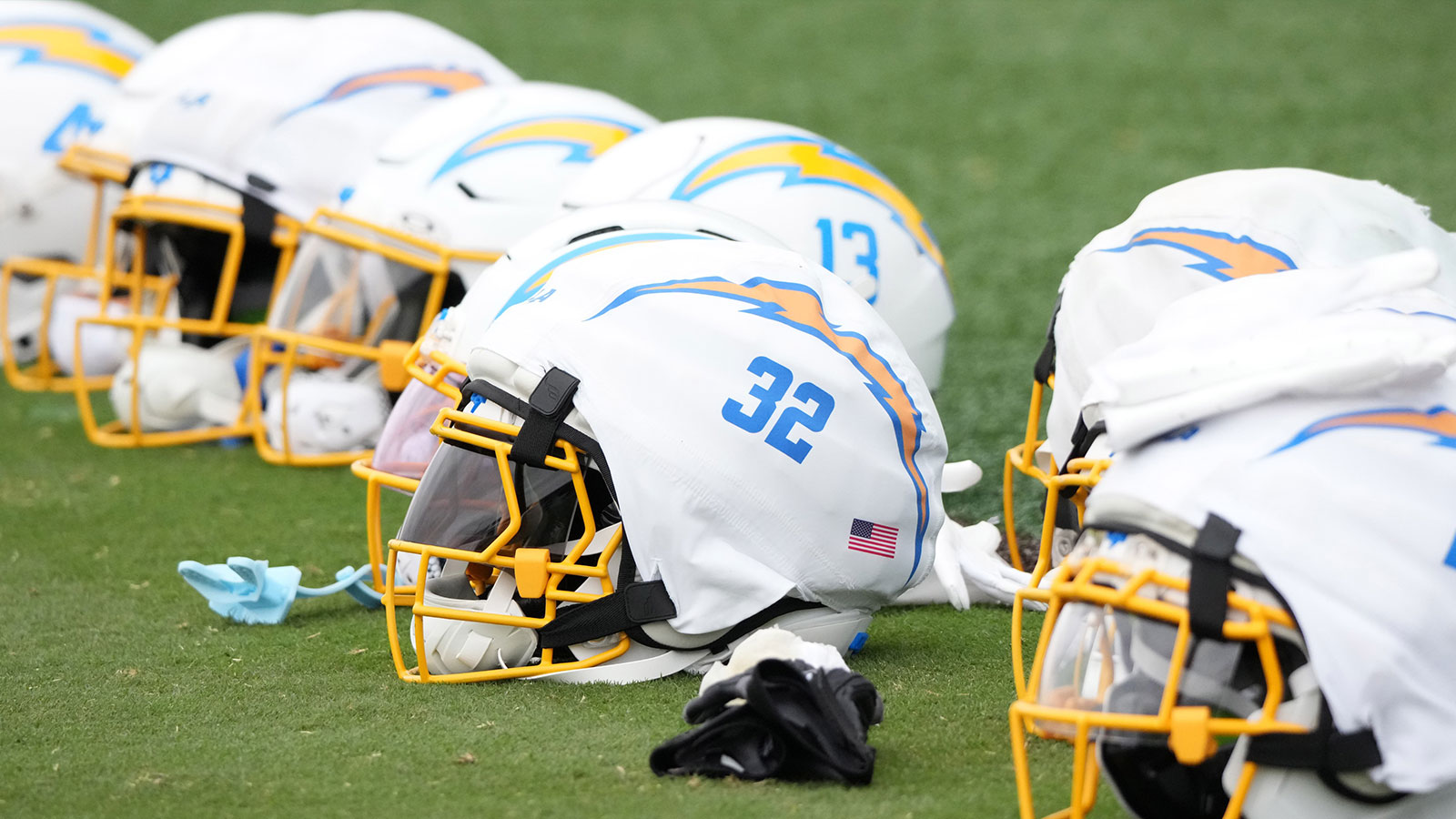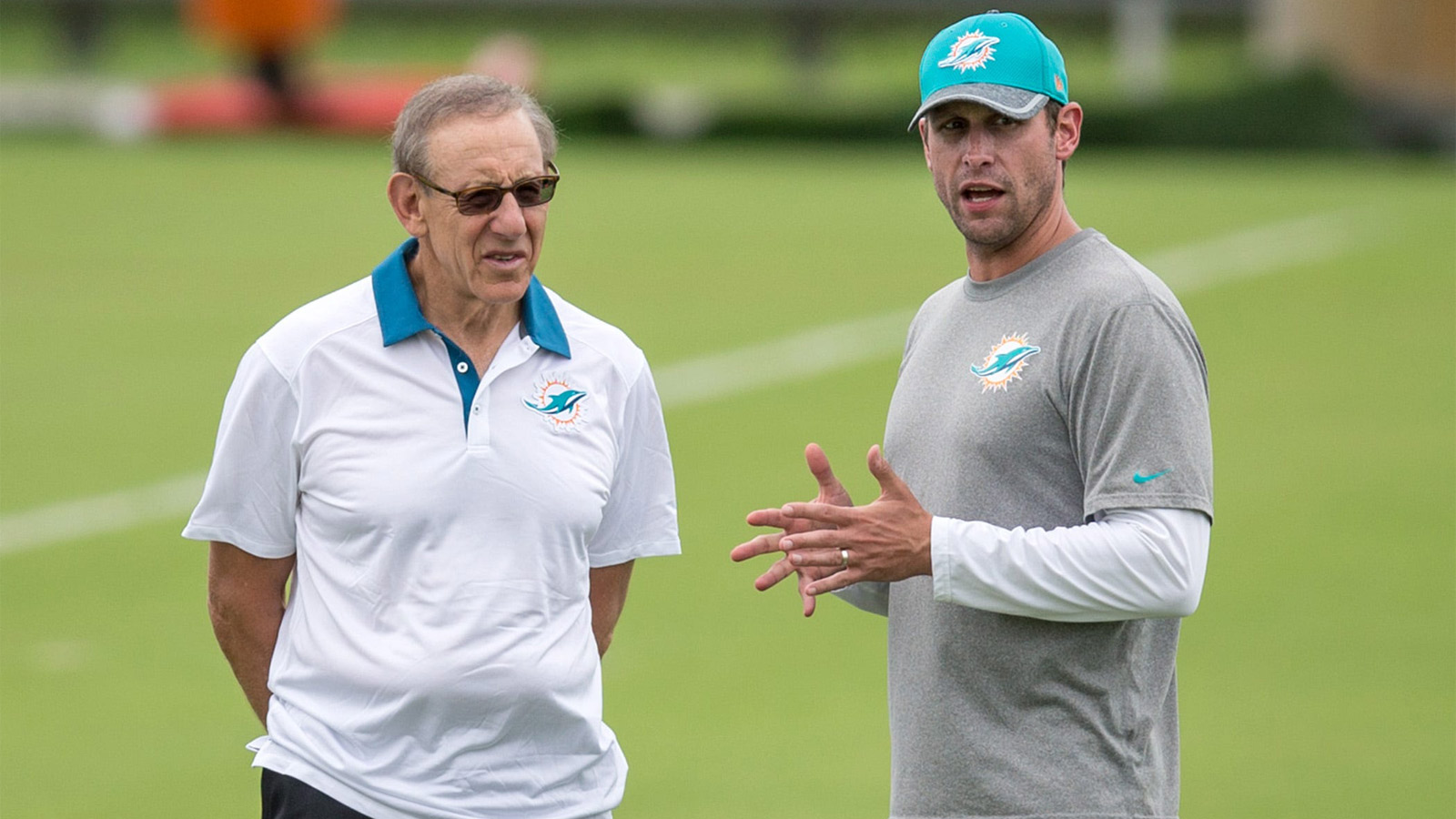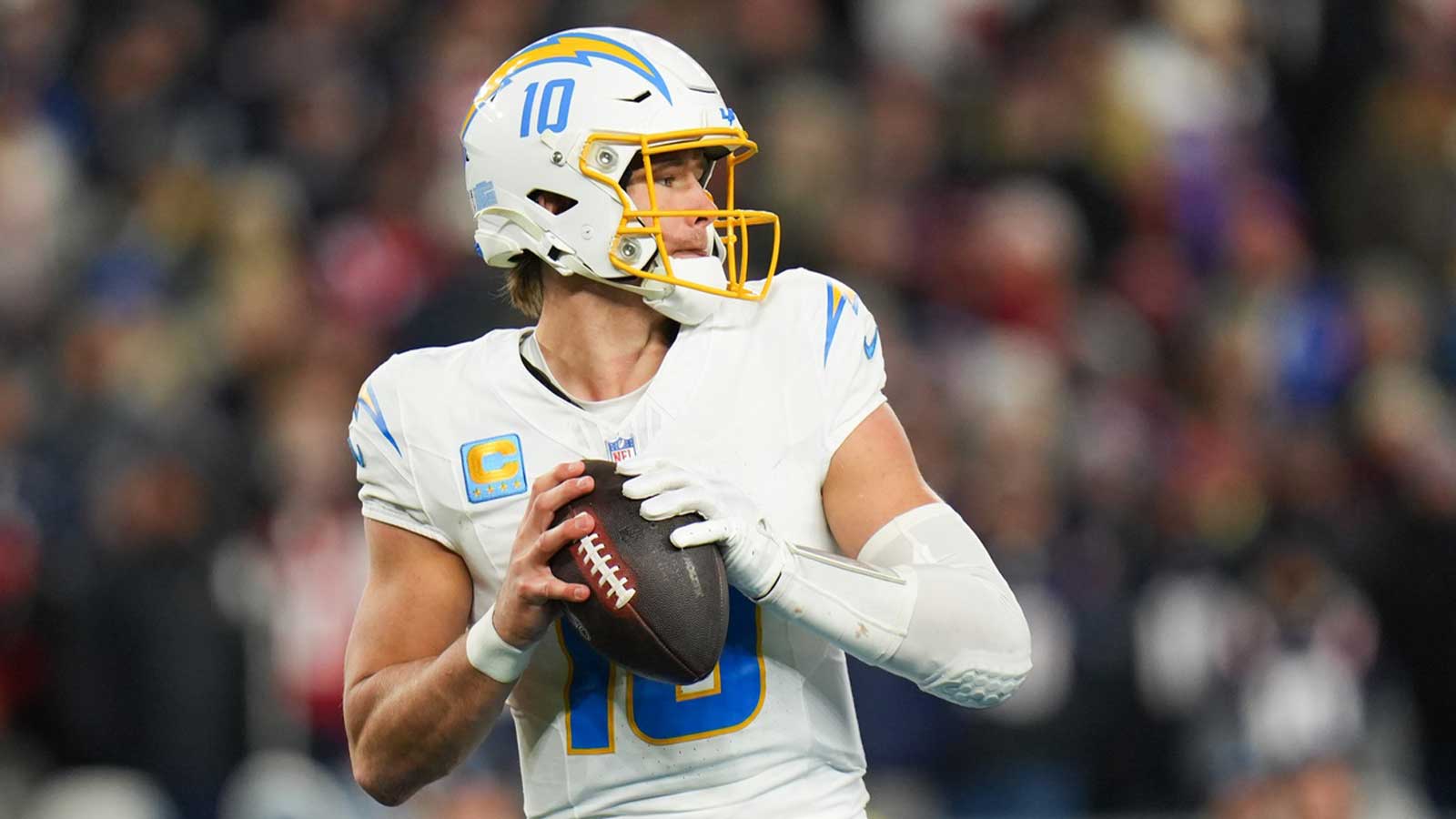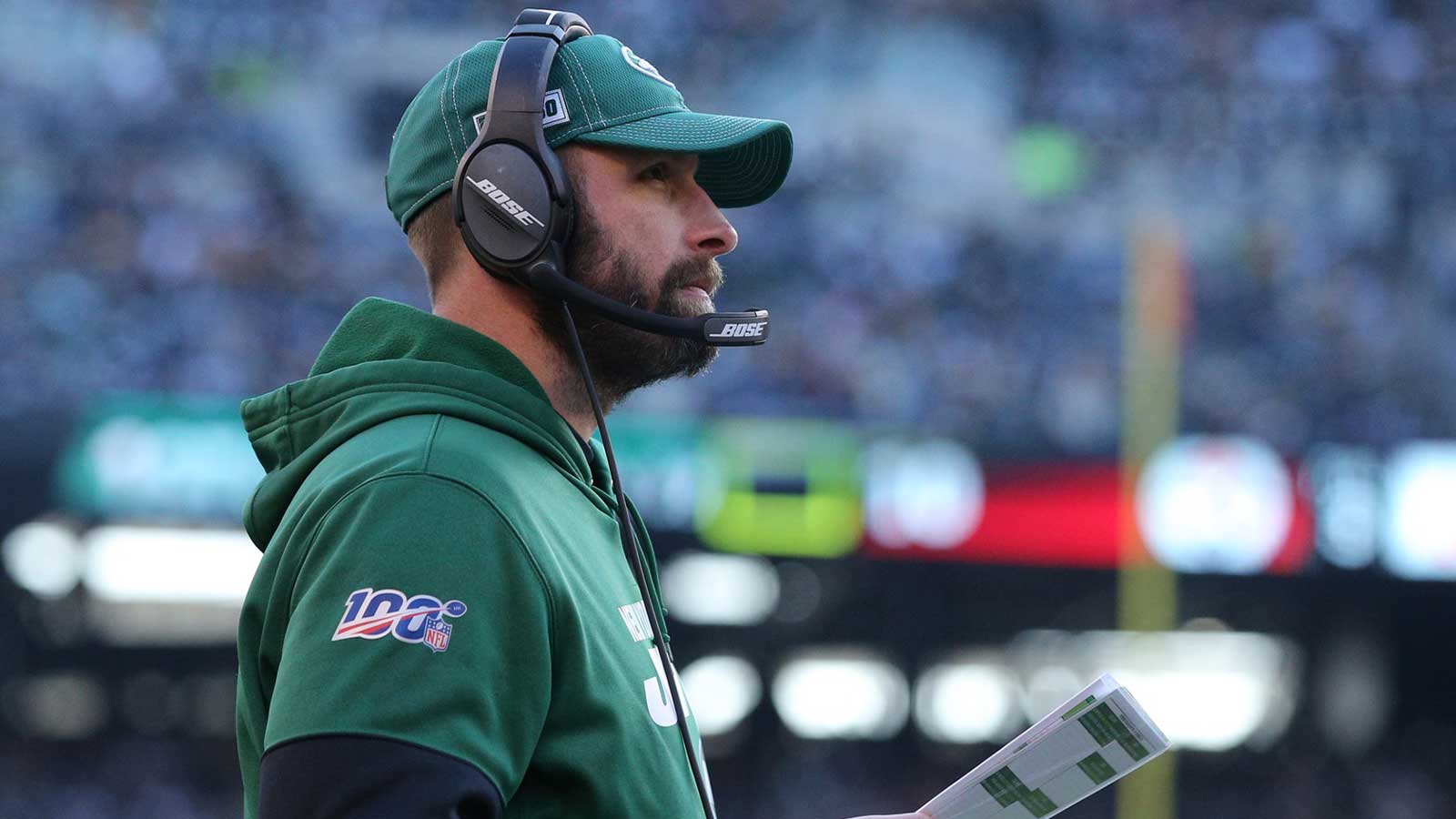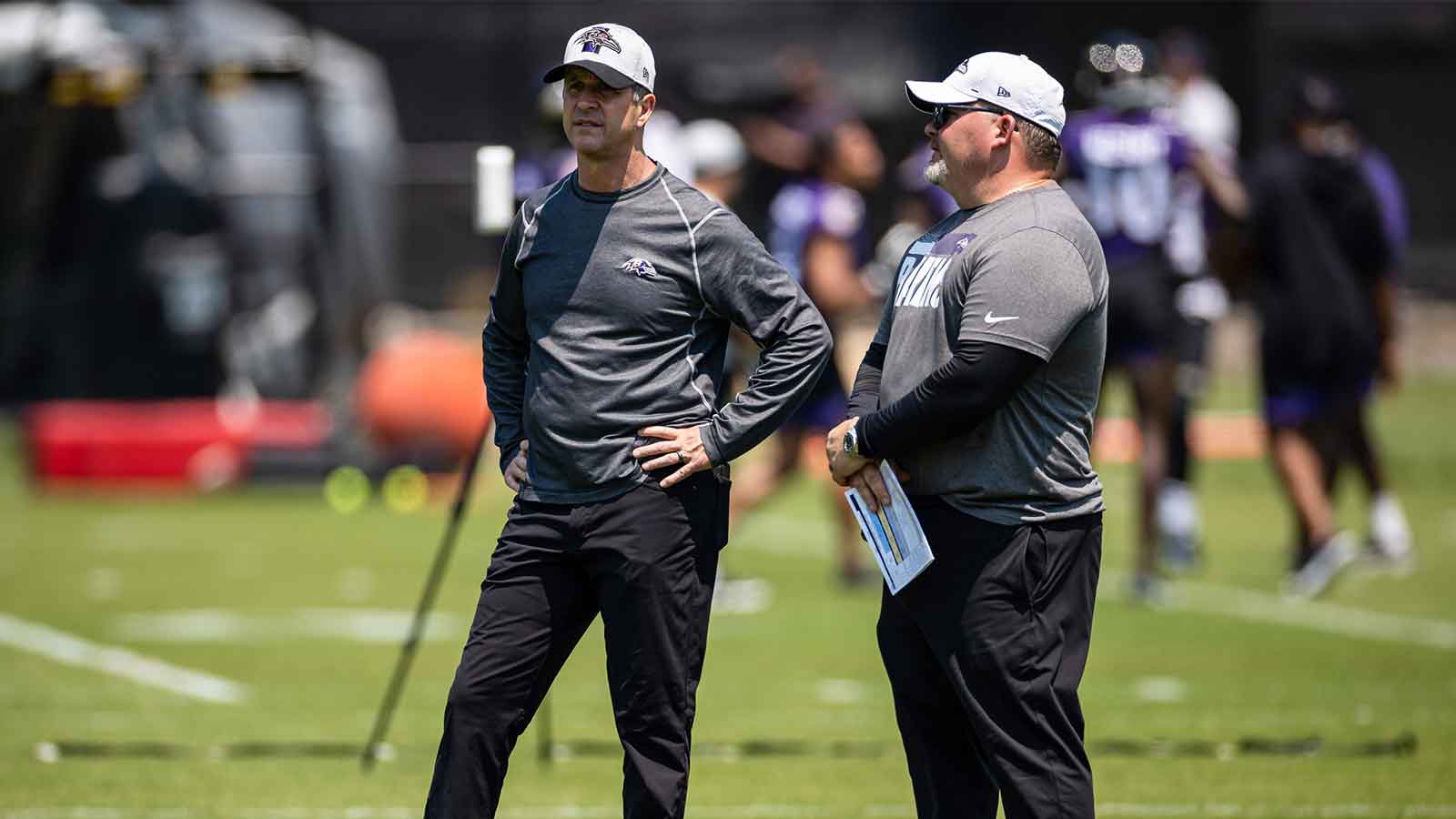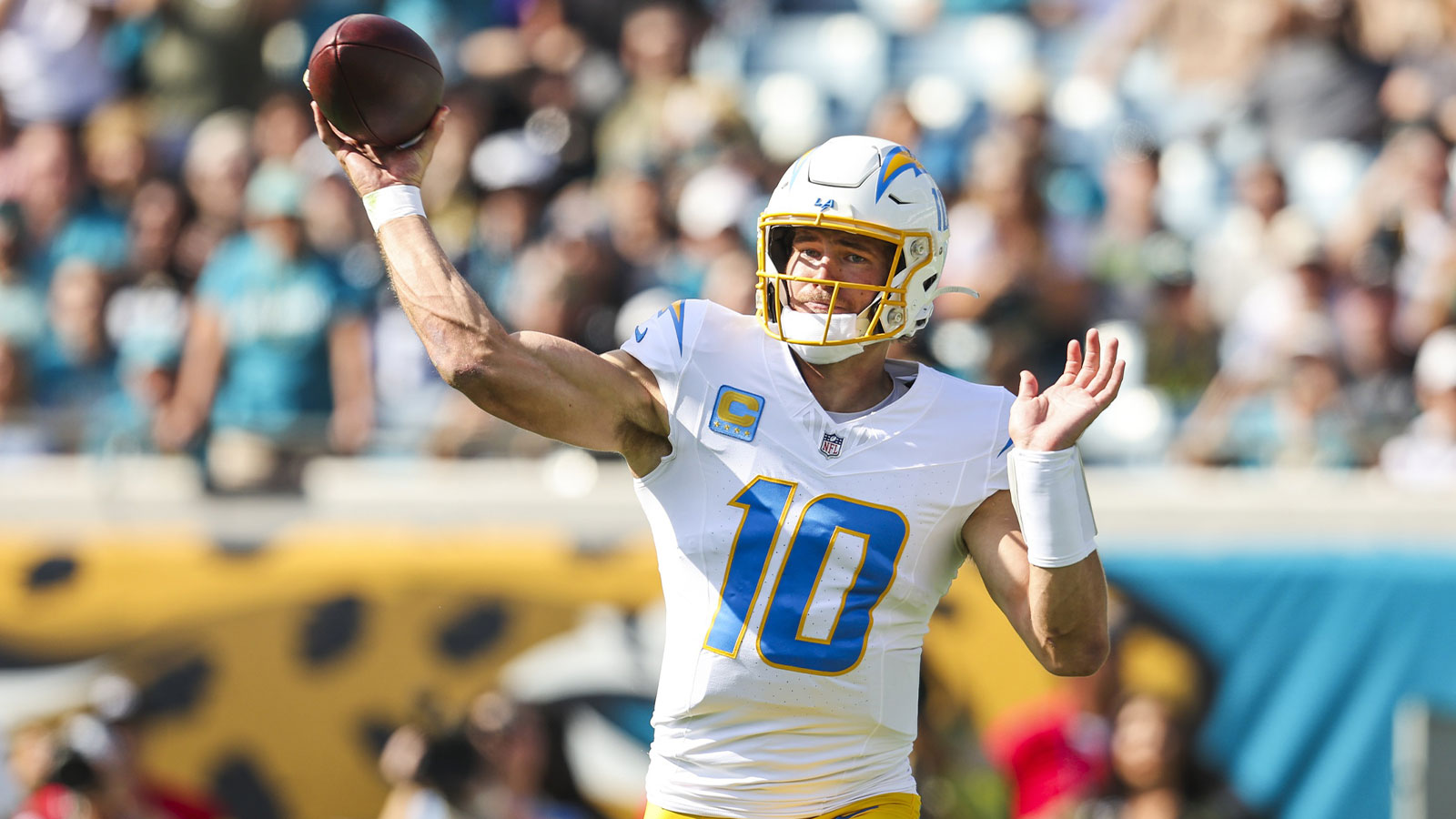The trade of Keenan Allen from the Los Angeles Chargers to the Chicago Bears has resonated through the NFL, highlighting the often stark realities of the league's business side, even for its most celebrated players. Allen, who has been a cornerstone of the Chargers' offense for over a decade, found himself at the center of a negotiation that ended in a way that left him “stunned and hurt,” as sources close to the wide receiver have revealed (per ESPN's Kris Rhim). This situation underscores not just the personal impact of such transactions on players but also the delicate balance teams must maintain between loyalty and financial strategy.
Allen's tenure with the Chargers was distinguished, setting franchise records for wide receivers in both career receptions and yards. Given his contributions, it's understandable why the trade's manner would evoke a strong emotional response from him. Despite his achievements, when the Chargers approached him with a proposition to take a pay cut — an ask made to other team stalwarts like Joey Bosa and Khalil Mack — it set the stage for a challenging negotiation. The proposed cut for Allen also included a two-year extension but at an average salary less than his base $18 million, a figure that didn't reflect his value in his or his representatives' eyes.
The negotiations further soured when Allen's counteroffer, aimed to position him among the league's highest-paid receivers, was quickly dismissed. This rejection, set against the backdrop of significant contracts being signed elsewhere in the NFL, notably Calvin Ridley's four-year, $92 million contract with the Tennessee Titans, highlighted a disconnect in valuation that proved insurmountable. Allen, coming off a career-best year, had not anticipated the request for a pay reduction, especially after the Chargers had managed substantial salary cap savings through other means.
The Chargers' perspective, articulated by team brass, centered on the need for financial flexibility — both for immediate roster construction and for potential in-season moves, a strategy articulated by Chargers official Hortiz (who engaged with several interested teams, including the Houston Texans who offered a 2025 third-round pick and pick swap among other things and the New York Jets). The hard stance on Allen's contract, especially with a looming $5 million roster bonus, underscored a calculated, if cold, approach to team management. The decision to engage trade discussions with several teams, and the eventual acceptance of the Bears' offer for a 2024 fourth-round pick, was a clear indicator of the Chargers' prioritization of cap space over retaining their veteran receiver.
“It's the business part of it. And everybody does what is in their best interest,” newly hired HC Jim Harbaugh said. “And Keenan, I mean, [you] make $23 million a year and play in Chicago, you know, who's got it better?”
For Allen, the trade represents a significant transition after 11 years of unwavering commitment to the Chargers. His move to the Bears not only changes his professional landscape but also serves as a poignant reminder of the NFL's business realities. The refusal of the Chargers to negotiate further, as the deadline approached, underscores the harshness of professional sports behind its glamorous facade, where even the most loyal and productive players can find themselves expendable in the pursuit of financial efficiency and team strategy.
Keenan Allen's Future with The Bears
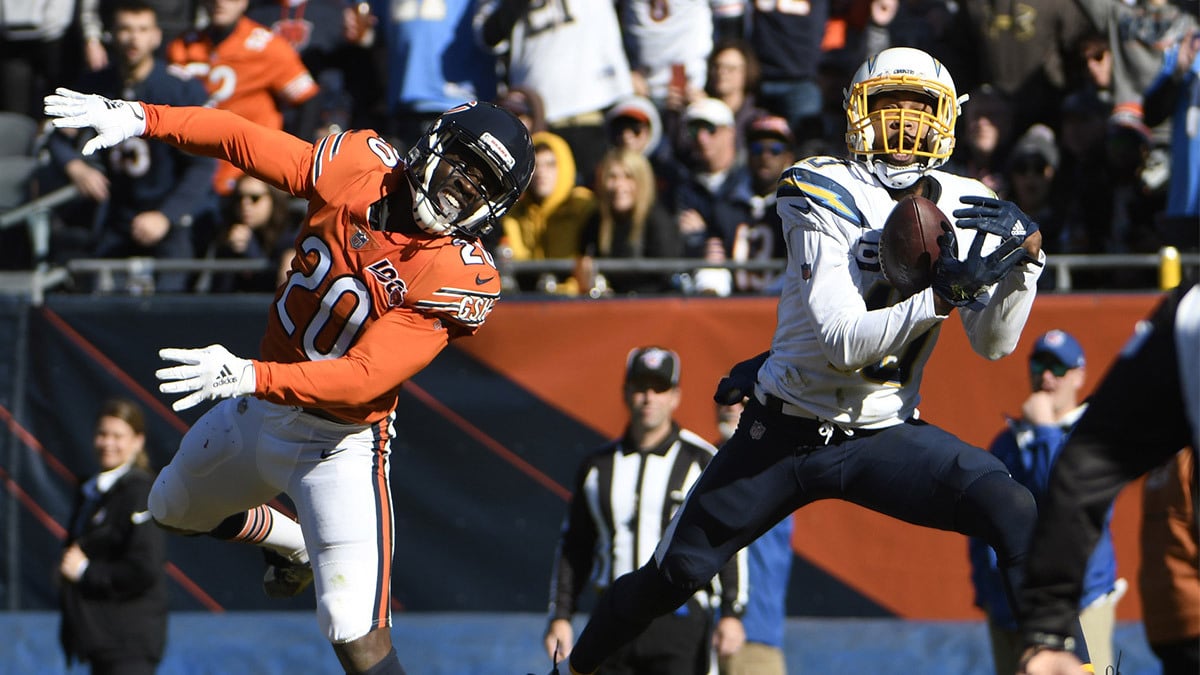
In Chicago, Allen faces the challenge of integrating into a new team and potentially mentoring (in all likelihood) a young quarterback in Caleb Williams, whom he met at USC's Pro Day. This new chapter, while unexpected, offers Allen the opportunity to extend his legacy and impact in a fresh environment. Yet, the manner of his departure from Los Angeles — marked by surprise, disappointment, and a sense of betrayal — highlights the personal toll such business decisions can exert on players.
For the Chargers and the NFL at large, Allen's trade is a stark illustration of the balance between financial pragmatism and loyalty to star athletes. While the Chargers' decision-makers may have acted in what they believed was the team's best interest, the fallout from Allen's trade raises questions about how teams value their most iconic players. As Allen adapts to his new role with the Bears, the Chargers are left to navigate the repercussions of their decision on team morale and their relationship with both current and future players.
In the end, Allen's trade to the Bears is more than just a shift in team rosters; it's a narrative about loyalty, value, and the unrelenting business of professional sports, serving as a reminder that in the NFL, even the most storied careers can face unceremonious turns in the name of strategy and economics.



